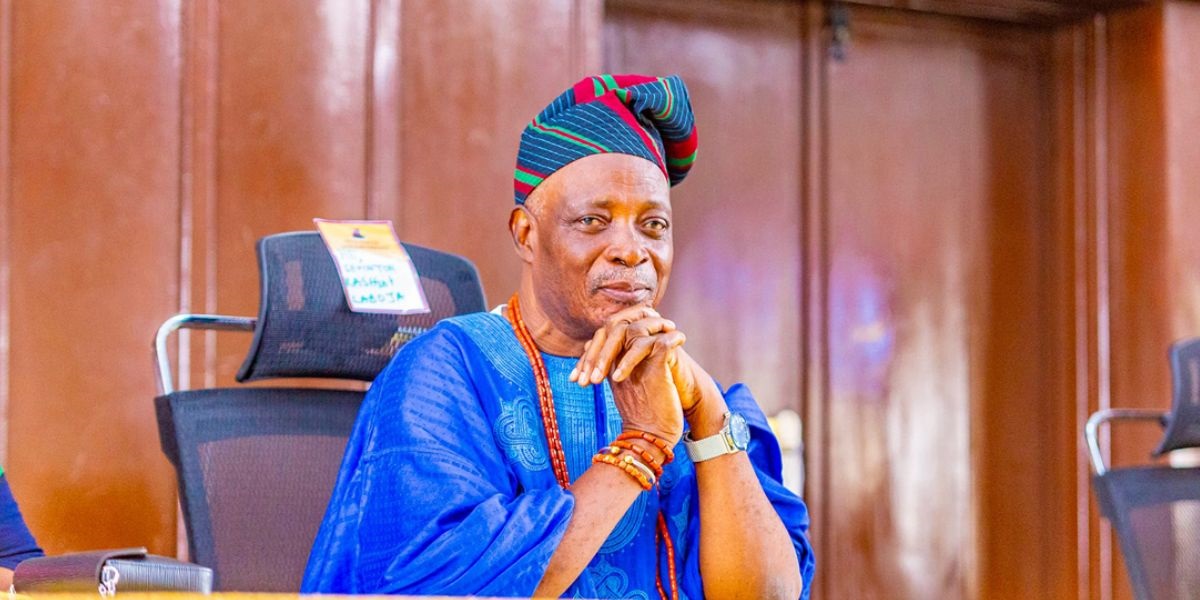At least 25,000 civilians have been killed across West Africa between 2021 and mid-2024, Speaker of the House of Representatives, Tajudeen Abass, has said.
Warning that the continent is grappling with a worsening security crisis driven by resource mismanagement and violent extremism, the speaker said the Sahel region, which is rich in gold, oil, and other minerals, has become a hotbed of violent conflict, with thousands of deaths recorded in 2025 alone.
The speaker disclosed this while addressing the 8th Annual Conference of the Network of African Parliamentarians on Defence and Security Committees (REPAM-CDS) in Abuja.
He attributed the crisis to the illicit exploitation of natural resources and the flow of illicit finance to insurgents through illegal mining, opaque oil contracts, and unregulated timber trades.
He said the killings, which are driven by terrorism, banditry, and armed insurgencies, are fuelled by the poor management of natural resources, porous borders, and the alienation of young people across the continent.
“Our continent faces many challenges. Poor management of natural resources, open borders, extreme ideologies, and alienation of young people are causing conflicts that threaten lives and institutions.
“The Sahel region, rich in gold, oil, and minerals, has seen thousands of deaths just this year. West Africa recorded nearly 25,000 civilian deaths between 2021 and mid-2024. These numbers show that insecurity in one part of Africa affects the whole continent’s prosperity,” he said.
The speaker recommended a special African parliamentary forum to ensure natural resources are harnessed responsibly to serve and empower the African people.
He said that the parliamentary special forum will monitor regions with resource conflicts, collaborate with regional legislative bodies to collect data, recommend safeguards, and support community-led development initiatives.
He said that the struggle for peace is also a struggle for responsible stewardship of Africa’s natural endowments.
According to him, illicit mining, opaque oil contracts, and unregulated timber corridors generate revenue streams that arm insurgents, corrupt institutions, and deny communities the benefits of growth.
“Where resource governance is weak, violence takes root; where it is transparent and accountable, prosperity and stability follow. Nigeria’s recent reforms illustrate the point.
“I recommend that our parliaments form a special forum to monitor regions with resource conflicts.
“Let us unite with unwavering resolve to strengthen our committees and harness our natural resources responsibly, ensuring they serve and empower our people,” he said.
In his remarks, the Chairman, House Committee on National Security and Intelligence, Rep. Ahmed Satomi (APC-Borno), said that parliamentarians play a crucial roles in ensuring effective oversight, transparency, and accountability in the management of natural resources and security forces.
Satomi stated that through legislative instruments, lawmakers should ensure sustainable and credible governance processes for natural resources, taking into account the specific circumstances prevailing on the local stage and the broader governance agenda globally.
The Deputy Speaker of the Gambian Parliament, Mr Seedy Njie, stated that security matters concern every stakeholder, emphasising that members of parliament want the citizens of Africa to live in peace and harmony.
He tasked security chiefs across the continent with protecting the territorial integrity and sovereignty of African nations.
Also speaking, the National Security Adviser (NSA), Mallam Nuhu Ribadu, said that the competition for resources had led to conflicts between communities, herders, and farmers, exacerbating existing tensions in several countries.
Represented by the Director Defence Affairs, Maj.-Gen. Peter Malla (rtd), Ribadu said that the mismanagement of natural resources had led to economic instability, corruption, and poverty.
According to him, the extraction of natural resources has also posed security threats, including terrorism, banditry, and kidnapping.






